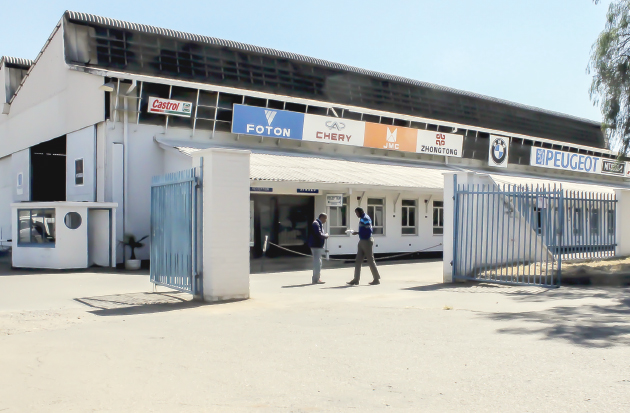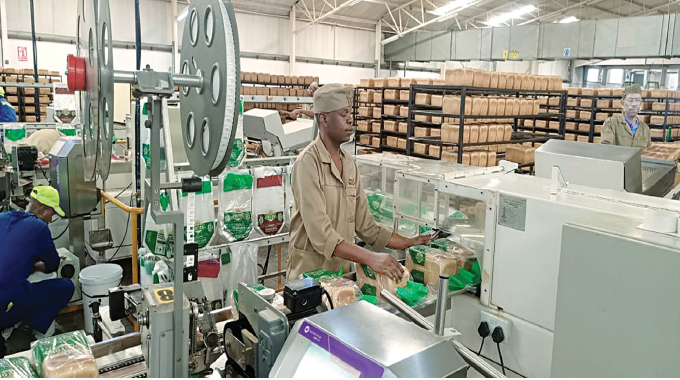Quest capacity utilisation falls below 1 percent

Oliver Kazunga Senior Business Reporter
LOCAL vehicle assembler, Quest Motor Corporation says it is not shutting down despite operating at less than one percent capacity utilisation. The company’s operations director, Mr Carl Fernandez is on record saying between January and June this year, Quest Motor Corporation sold less than 40 units. The situation had been worsened by the prevailing cash crisis that has seen the car assembler failing to pay for new kits.
“We’re not closing our doors contrary to what some people claim. At the moment, we’re assembling the vehicles based on orders because we can’t be producing stock when the uptake for our cars is low on the market,” said Quest Motor Corporation general manager Mr Thomas Sarimana in an interview on the sidelines of a tour of the company by delegates attending the just ended Buy Zimbabwe summit last week.
Quest has been in existence since 1960 and has over the years changed names that include DAF and Leyland among others. The firm assembles brands such as Chery, Foton, JMC, Mitsubishi Triton, and Yutong H11.
“Through the Buy Zimbabwe initiative, we would want the Government to take a lead in promoting the local procurement policy so as to support the resuscitation of local industries. Right now, the Government is calling for local procurement but is not walking the talk.
“For example, most of the vehicles used by its departments are sourced from outside the country yet, we’re here assembling vehicles. “To improve our capacity utilisation, we would want a situation whereby the Government buys locally-assembled vehicles,” he said.
Of late, players in the motor industry have said line ministries and Government departments have developed innovative ways to dodge the 2002 Presidential directive that all Government institutions should buy their vehicles locally, which has left the sector struggling.
The directive was introduced to preserve the scarce foreign currency reserves in the country. Mr Sarimana said the few orders they are receiving are coming from the private sector and others from schools.
When operating at full throttle, on a single-hour shift, Quest produces between 12,000 and 15,000 vehicles per year employing close to 15,000 people. At present, the firm employs less than 5,000 workers.











Comments